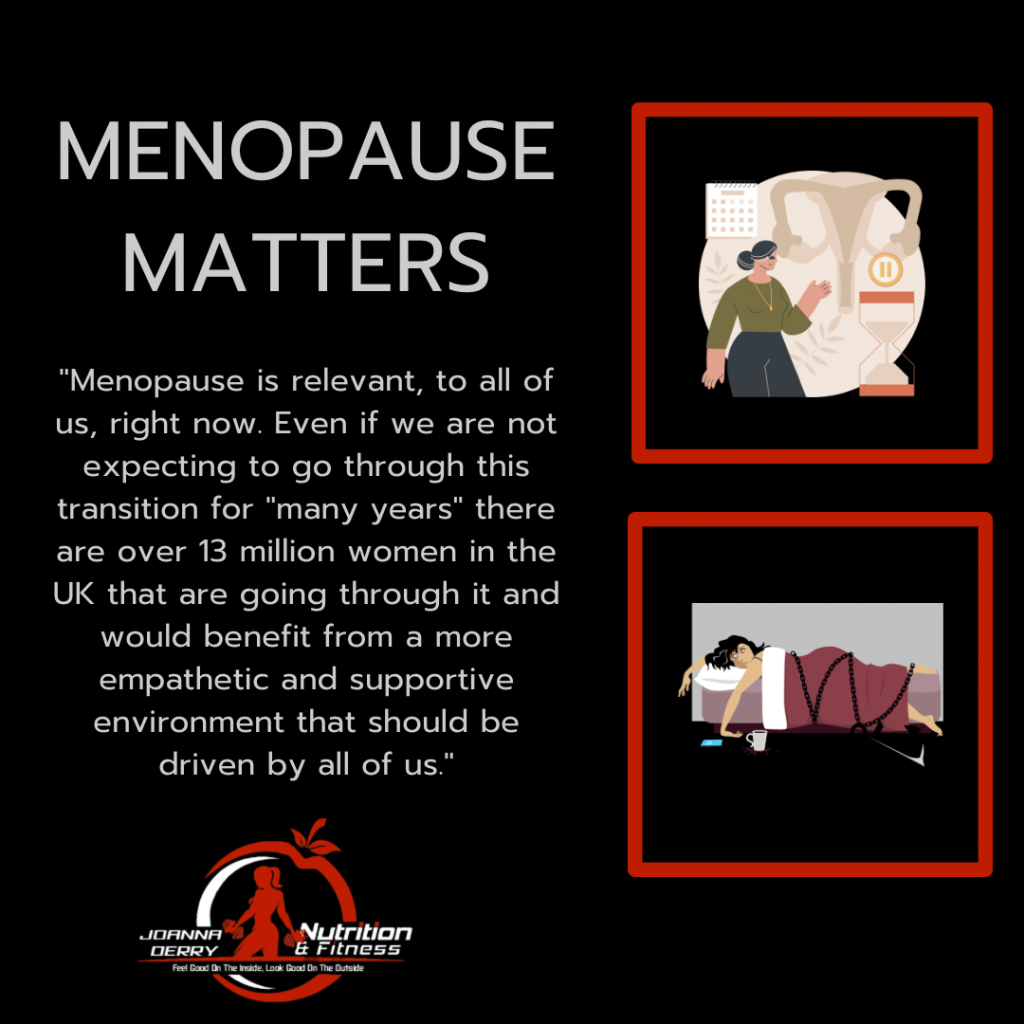I shared a couple of posts recently surrounding training and nutrition recommendations for women going through the menopause, because, although the menopause is a natural transition women experience, it seems to get tip-toed around and whispered about rather than openly discussed and shared.. and it’s time those barriers were broken down.

So, having touched on the above, this post contains advice regarding supplements, as there are a few things we can do/take to help stay as healthy as we can throughout this time.
But first, let me make clear that there are a lot of supplements on the market that claim to alleviate the effects of the menopause without much scientific backing, so I always advocate checking in with your doctor before taking any supplements. This is especially important if you take any other medication, as some supplements can contraindicate medications.
Having previously covered the topics of muscle mass and bone health being something we should take care of during the menopause (as the drop in oestrogen can have adverse effects on our muscles and our joints), the first thing I want to touch on is calcium, as ensuring you are taking in sufficient calcium can help protect against these risks.
However, rather than going straight for a calcium supplement, intake should be sought from food sources. Sources of calcium include milk, sardines, hard cheeses, natural yoghurt, broccoli and rhubarb.
Furthermore, vitamin D helps the body absorb calcium so it is vital that we take in some Vitamin D, but, more often than not, the most efficient way to do this is via supplementation
(British weather doesn’t tend to top up our vitamin D levels sufficiently year round, although you can get small amounts of vitamin D through oily fish, eggs, red meat and fortified foods like cereals).
A good supplement for heart health and improving blood markers is fish oil.. although, as previously mentioned, always check with your GP before supplementing anything as some medication can be contraindicated by fish oil supplementation.
Reduction of caffeine can be beneficial to those experiencing pelvic floor issues and also help with sleep patterns.
When it comes to alcohol, the research is mixed, but, the general consensus is that a reduction of alcohol intake could be beneficial for a number of reasons. Aside from excessive alcohol intake being associated with increased risk of breast cancer and the toll it creates on our organs, some women really find alcohol plays havoc with their sleep.
Sleep is likely already being impaired by the menopause so reducing things that contribute to poor sleep is a winner, especially when we find that poor sleep causes us to take in additional calories.
Some women have also found a correlation between alcohol intake and how often they experience the effects of the menopause (namely vasomotor effects like sweats and flushing).
So, long story short – ensure you’re consuming sufficient calcium and vitamin D rich foods, consider supplementing vitamin D, look into a fish oil supplement where appropriate and don’t hesitate to have a chat with your GP for further advice and information.
A small note about HRT – hormone replacement therapy is the most effective and widely used treatment for menopausal symptoms and there are so many methods and options when it comes to HRT. There have been mixed messages from the media concerning HRT, so always have a discussion with your GP about which route is best for you.
Finally, if there is anything I can do to expand further on training, nutrition or supplement advice, don’t hesitate to drop me a message.

